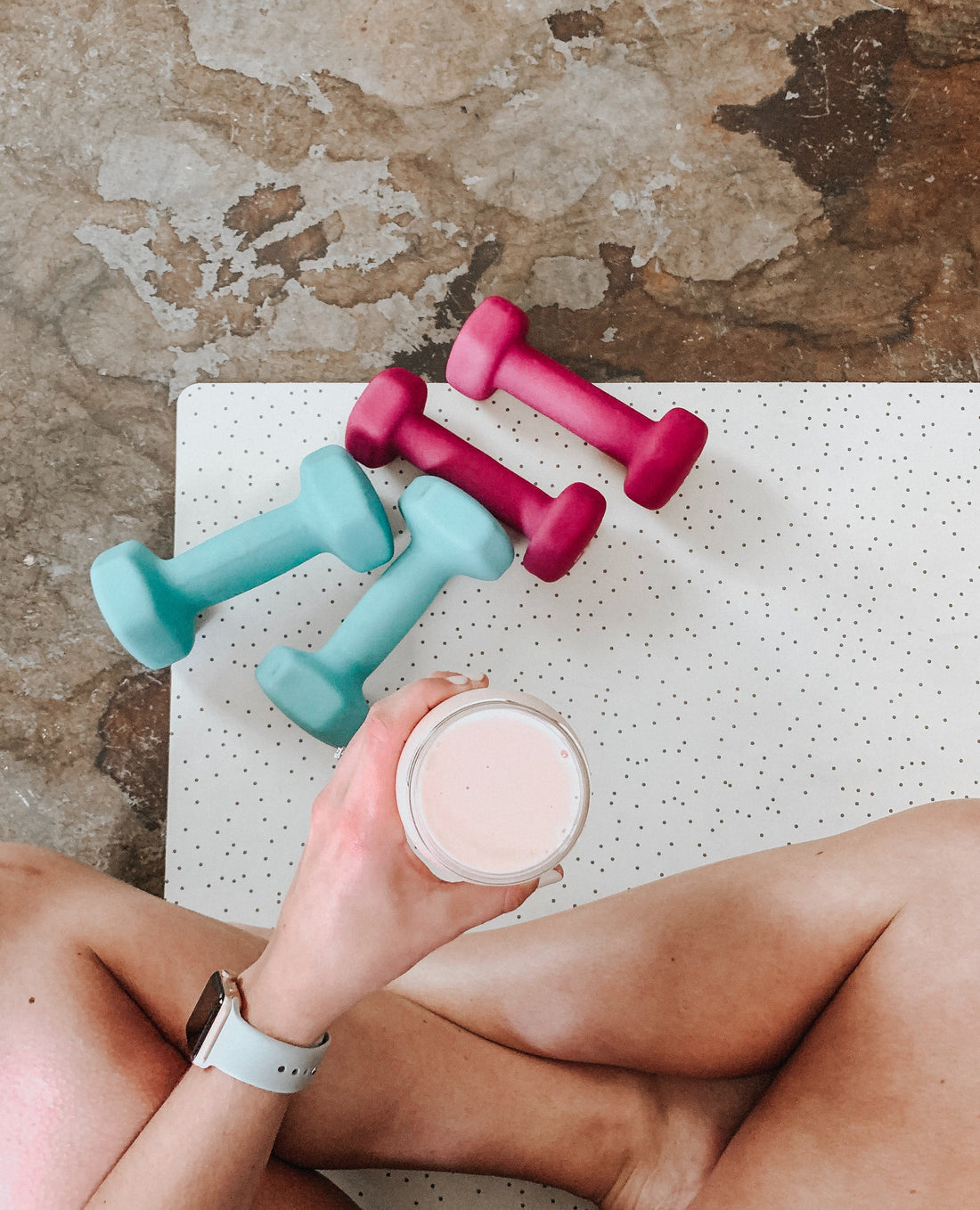
Protein - Not just for Arnie level gains
This year, a record breaking 560,000 people signed up to Veganuary1, a challenge whereby people follow a vegan diet and lifestyle for the month of January. As well as this, one third of the UK population are incorporating meat free days throughout the week and utilising meat free alternatives2. With increased environmental awareness (thanks Sir David Attenborough) consumers are looking to improve their carbon footprint and adopt a more plant-based way of eating to reduce their environmental impact. A common misconception with plant-based eating is that you can’t get any/enough protein from plants.
What do I need protein for?
Protein is essential for growth and repair and involved in fundamental structural and functional parts within every cell in our bodies. The Reference Nutrient Intake (RNI) for UK adults is 0.75g per kg bodyweight per day3. For example, a 70kg person would require 52.5g of protein per day. Protein deficiency is not a common problem in the UK and most people tend to get enough through their diet, however more of us are now considering or following a plant-based diet which is a positive step forward in supporting the environment! Of course, eating more plants has a host of benefits, including getting a variety of vitamins and minerals, hydration and consuming more fibre which supports our gut health and therefore our immune function.
Protein essentially consists of structural units called amino acids. Our bodies can make some of these by itself but some amino acids we can only get from our diets, these are known as essential amino acids. Animal based proteins contain higher and more equal amounts of ‘complete’ amino acids, that means they are more readily absorbed by the body. I’m sure vegetarians and vegans get asked frequently “but where do you get your protein?”, there is a common misconception that plants cannot provide complete proteins, but this is not the case. While plant foods are less likely to contain complete proteins in isolation, if we consume a range of plant protein sources through a balanced and diverse diet, getting enough protein will not be an issue.
How much do I need?
Approximately 20g serving of protein per meal is ideal for optimal absorption, and no, eating protein doesn’t make you bulky. Of course, protein is essential for muscle growth and repair, however we need to be doing quite a lot of resistance-based strength training and eating a lot more protein to gain a considerable amount of muscle or ‘bulk’. So do not fear! Those doing the recommended 150 minutes of moderate exercise per week and consuming 0.75g per kilogram of bodyweight in protein will not make Arnie gains overnight!
What type of plant based protein is best?
Good plant-based sources of protein include pulses (think chickpeas, split peas, lentils, hemp, tofu and nuts) and the general rule of thumb is to consume a plant protein source at the same time as grains. These complement each other to create the complete proteins our bodies need.
For instance, you could try:
- Chickpea & lentil curry or mixed bean chilli and rice.
- Wholegrains with beans such as hummus and brown pita bread or black bean tacos for instance)
- Puy lentil salad with sunflower seeds.
- Wholewheat bread & peanut butter!
- Mixing plant-based protein powder & your favourite Mighty M.lk in your morning porridge!
- Smoothies and protein powders can provide a quick source of protein when in a rush or on the go, plus you can prepare them in advance!
There’s so many combinations you can try, so get creative!

Bio:
Amber is a Registered Associate Nutritionist with a BSc degree in Nutrition and Food Science and is currently studying towards a Master’s degree in Global Public Health Nutrition at Westminster University. Her main areas of interest are sustainable food systems and food security and believes everyone should have the right to healthy, affordable, and sustainable food.
You can find her on Instagram @eatwithamber_ and Twitter @eatwithamber.

